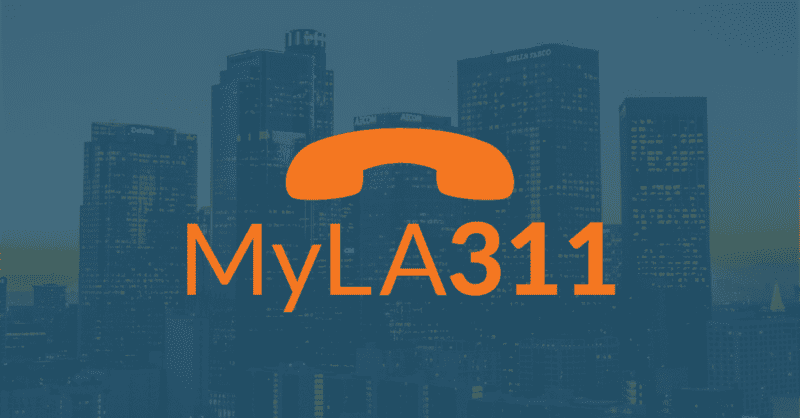The data-driven ideal looks a little different for every organization, but generally they share the common theme that the organization has a culture of turning to data for guidance in making important decisions. This whitepaper is for the data scientist who finds themself, or their team, in a spot where they’re ready to be more be more effective.




